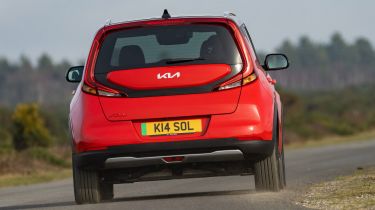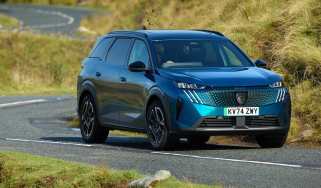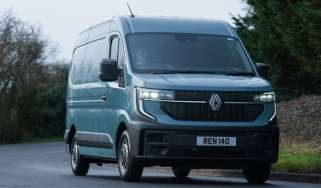Kia Soul EV review: running costs & insurance
Like most EVs, the Soul EV is relatively affordable to run – but it’s quite expensive to insure and service
| Insurance group | Warranty | Service interval | Annual company-car tax cost (20%/40%) |
|---|---|---|---|
| 26-31 | 7yrs/100,000 miles | 1yr/10,000 miles | £131/£262 |
With zero road tax (VED) to pay until 2025, very low company-car tax and ultra-low day-to-day running costs (especially if you mostly charge using a home wallbox), the Kia Soul EV will be very cheap to run for the great majority of drivers. Only the fairly high purchase price could be a barrier for some.
Kia Soul EV insurance group
The Kia Soul EV in base Urban trim sits in insurance group 26, while the top-spec Explore model lands in group 31. That'll make it a little more expensive to cover than the Niro EV or your average internal-combustion-engined family SUV. For example, a Kia Sportage Hybrid in top-of-the-range GT-Line S trim falls into group 24.
Warranty
Kia’s seven-year/100,000-mile warranty applies to all of its cars, including its electric offerings and their battery packs. The paintwork is covered for five years against corrosion, meanwhile.
Servicing
The servicing schedule for the Soul EV sees it needing attention every 10,000 miles or 12 months. That's a shame, since other electric cars including the Nissan Leaf and even Kia's own Niro EV benefit from much longer service intervals.
Road tax
Since it has zero tailpipe emissions, the pure-electric Soul EV is exempt from road tax (VED), and will also enjoy free access to London’s Congestion Charge zone until 2025, as well as the city’s Ultra Low Emissions Zone for the foreseeable future. Of course, that’s not mentioning the Soul EV’s ultra-low 2% Benefit-in-Kind (BiK) company car tax liability, which is the same for all electric cars.
Depreciation
The Kia Soul EV, while one of the most affordable electric cars you can buy, is still pretty expensive, starting from well over £30,000. Thankfully, depreciation doesn’t hit this model all that hard; Urban models can expect to hold onto roughly 49% of their value over three years and 36,000 miles, with the more expensive Explore holding onto 47% of its initial asking price. Compare this to the Nissan Leaf which is only forecast to hold onto 35-37% of its value and buying the Soul EV appears a shrewd proposition.




